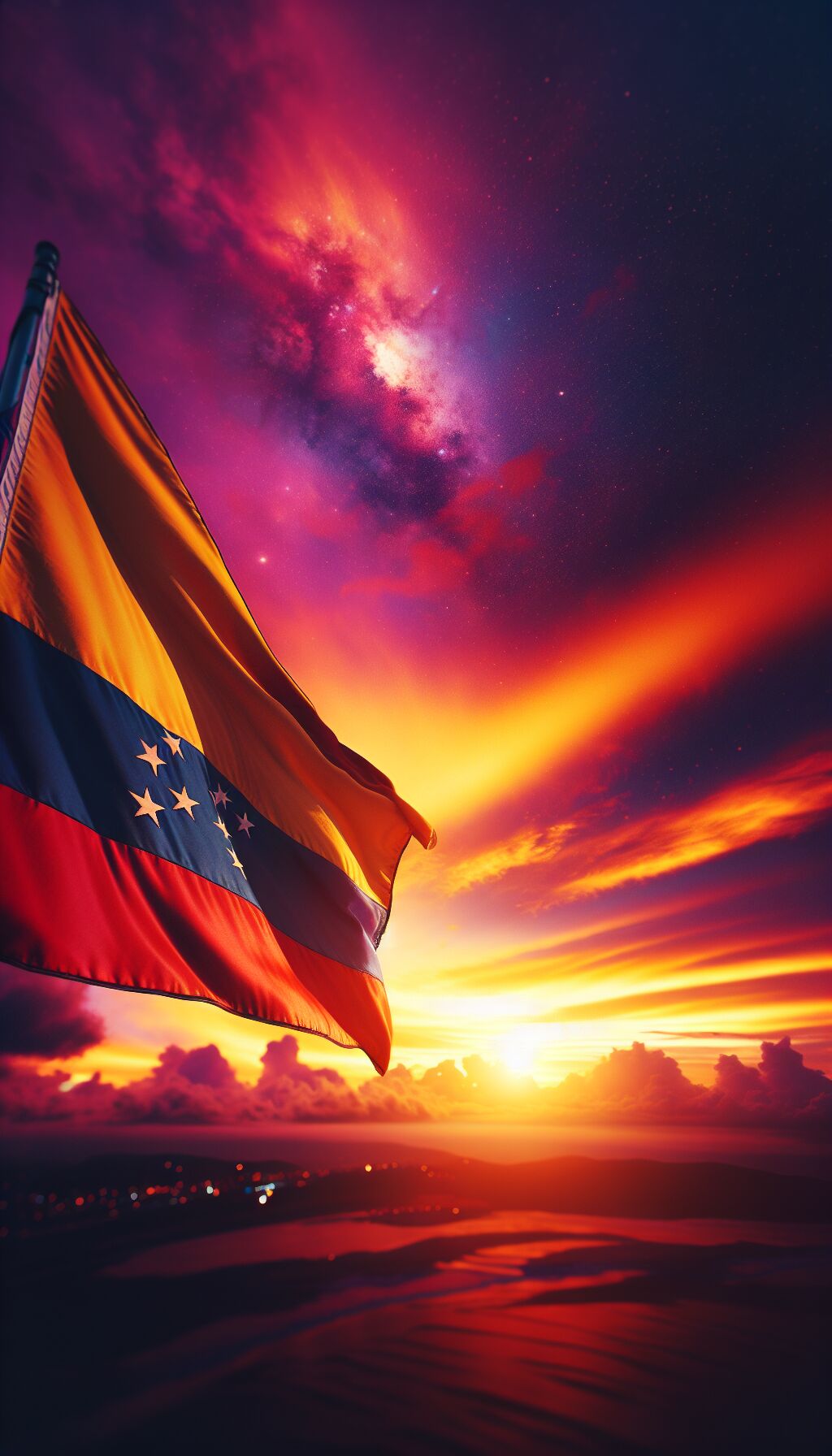Colombian President Calls for Return of Illegal Nationals Amid Diplomatic Tensions
Colombian President Gustavo Petro has made a notable appeal to Colombian nationals residing illegally in the United States, urging them to return home. This call follows a recent diplomatic spat with the U.S. over the treatment of deported migrants.
A New Direction for Undocumented Colombians
In a statement posted on social media platform X, Petro expressed a clear message: “I ask undocumented Colombians in the U.S. to immediately leave their jobs in that country and return to Colombia as soon as possible.” He emphasized the importance of labor for national wealth, stating, “Wealth is produced only by working people.”
Petro has pledged that the Colombian government will facilitate this process by offering loans to returnees who engage with programs established by the Department of Social Prosperity. “Let’s build social wealth in Colombia,” he encouraged, indicating a proactive stance for reintegrating these migrants.
Diplomatic Controversy with the U.S.
This appeal comes on the heels of a public clash between Petro’s administration and the Trump administration. Initially, President Petro had resisted accepting U.S. deportation flights carrying Colombian nationals. He argued that the United States should not “treat Colombian migrants as criminals,” reflecting a prioritization of human rights over strict immigration policies.
In reaction, the Trump administration suspended visa processing for Colombian citizens and issued travel sanctions against Colombian government officials, with President Trump threatening to impose a substantial 25% tariff on all imports from Colombia. This standoff heightened tensions as both countries grappled with the implications of illegal immigration and refugee returns.
Response from the U.S. Government
The situation escalated, with U.S. officials like Secretary of State Marco Rubio stating, “Measures will continue until Colombia meets its obligations to accept the return of its own citizens.” This quote underscored the U.S. commitment to preserving national security interests amid growing immigration challenges.
As tensions mounted, Petro retaliated by announcing similar tariffs of 25% on U.S. goods, positioning Colombia as a nation unwilling to compromise on the dignity of its citizens. He stipulated that he would not accept returned migrants unless they were treated with “dignity and respect,” rejecting any forms of shackling or improper treatment on repatriation flights.
Colombia’s Change of Heart
Despite his earlier resistance, reports soon emerged that Petro’s administration conceded to U.S. demands. The White House indicated that the Colombian president had agreed to the “unrestricted acceptance” of all Colombian nationals being deported from the U.S., highlighting a sharp shift in Petro’s earlier stance.
On Tuesday, two Colombian Air Force planes landed in Bogotá carrying deported migrants, marking the beginning of a new chapter in the bilateral relationship’s handling of migration issues. The administration’s willingness to accept deportees appears to have opened channels for dialogue between the two nations.
U.S. Visa Processing Resumes
In a positive development, on Friday, U.S. State Department spokesperson Tammy Bruce confirmed that visa processing has resumed in Bogotá. She reiterated the commitment of both nations to work collaboratively, stating, “Our commitment to work together with Colombia to advance our mutual interests remains steadfast.” This resumption is expected to enhance bilateral relations, allowing for smoother movement and interaction between both countries.
Conclusion: Bridging the Divide
As Colombia grapples with its immigration policies and the need to protect its citizens abroad, President Petro’s call to return underscores an important diplomatic pivot. By promising support to returning nationals, Petro aims to shift the narrative from confrontation to collaboration, fostering a sense of unity among Colombians both in the U.S. and back home.
In this complex landscape, the relationship between Colombia and the U.S. serves as a reminder of the ongoing challenges faced in immigration policy and international diplomacy. Both countries will need to navigate these waters carefully to ensure the dignity of individuals remains a priority while addressing national interests.
